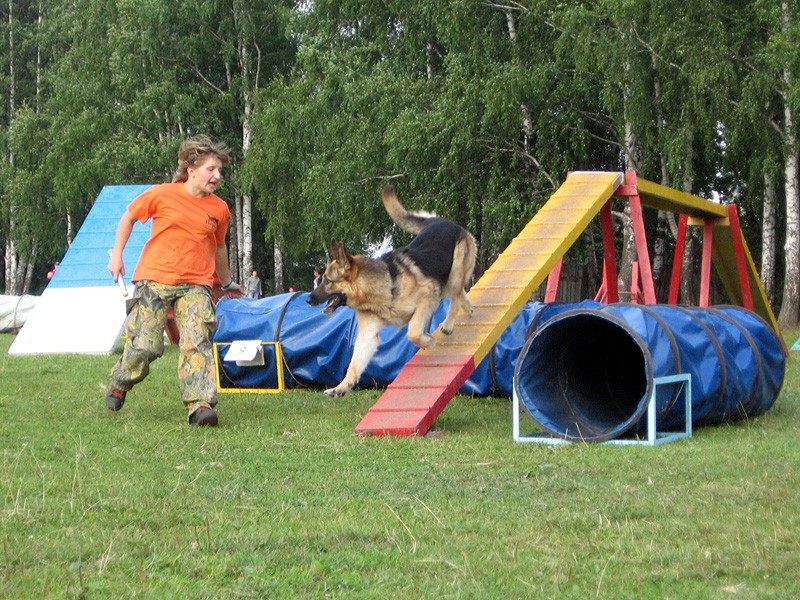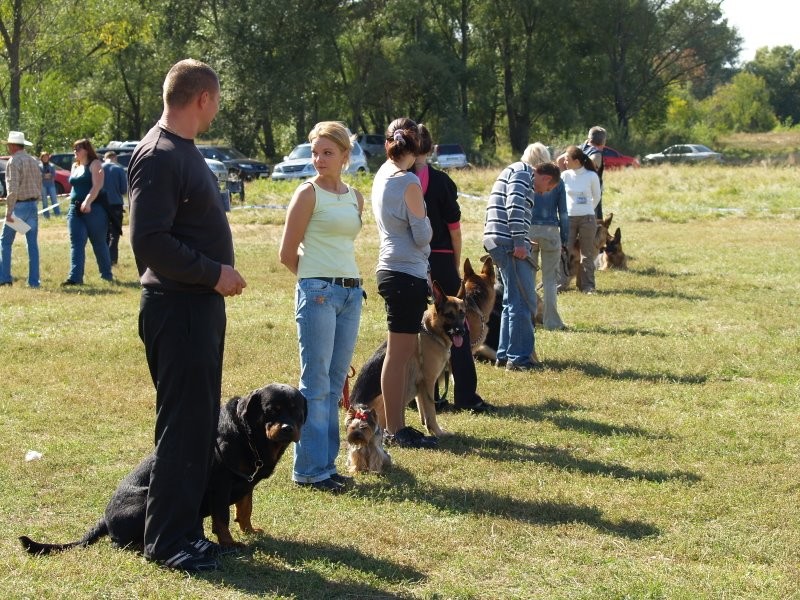Earning Money with Dog Training Courses

💡 Want more business insights? Stay ahead of the curve with our exclusive updates!
👉 Join our Telegram channel for daily business ideas and expert tips.
👉 Follow us on Facebook to never miss a trend or update!
Don’t just read—connect, grow, and innovate with us today!
Can you combine your love for animals with a lucrative business? Is it possible to make money from your hobby? Absolutely! Dog training courses are an excellent way to start a business involving your beloved pets. This method requires minimal investment and can quickly bring in the first profits.
What are the different types of professions related to dog training?

1) Decoy – a person specializing in preparing dogs for guard and military services.
2) Handler – a specialist who trains animals for specialized exhibitions.
3) Canine Specialist – an individual involved in diverse dog training in all areas.
Before starting work, you need to obtain specialized education or complete decoy or canine training courses where you learn to work with dogs. These classes usually last about 4-5 months and are relatively inexpensive, especially considering the quick return on investment in the business.
Additionally, consider expenses for purchasing special equipment for dog training, such as training sleeves and protective gear.
There are three types of dog training events:

1) Individual Training. A specialist visits the client's home to work with their dog. The owner may also participate. This method is the simplest to organize and requires minimal investment. However, finding enough clients willing to pay for a trainer's home visits can be challenging.

2) Group Classes. Sessions involving several dogs at once, with active participation from their owners. These classes can take place at clients' locations or on the specialist's premises. This option is suitable for semi-professional training of companion dogs or basic obedience training. It is easier to find clients, but the cost per session is lower.

3) Professional Training at Special Facilities. The most complex and expensive business option. To implement this, you need to set up a training area with high-quality barriers, ramps, etc. Alternatively, you can rent such a space for conducting sessions. Most clients will own working or guard dog breeds or prepare animals for exhibitions. Sessions usually involve one dog and last several months.
Professional canine specialists never conduct just one or two training sessions. It is ineffective, as the dog may not fully grasp the skills or quickly forget them. In most cases, a contract is signed with the owner for several months. At the end of the contract, the dog (either alone or with the owner) undergoes a special exam to receive a certificate upon successful completion of the training course.

After obtaining necessary documents, purchasing equipment, and choosing the type of training, the next crucial step is marketing. To promote your courses, you can take the following actions:
1) Advertise training sessions in locations where dogs are frequently walked, such as parks and squares.
2) Post ads in dog owners' publications or local forums.
3) Share information or form partnerships for mutual promotion with pet stores, veterinary clinics, pet grooming salons, and shelters in your region.
4) Create social media pages for your courses on platforms like Facebook, LinkedIn, or Instagram. Share detailed information about your school and regularly update content.

If you plan to conduct individual dog training sessions, creating a series of educational videos on animal care and training on YouTube can be a great way to attract potential clients and publicize your services.
Additional Services:

Another source of income for dog trainers can include:
1) Dog Walking. A simple way to earn extra income. You can walk the dog you are working with in the mornings or evenings and receive compensation for it.
2) "Dog Hotel." Owners who cannot pick up their pets during the day for training sessions can leave their animal for a day, a week, or a month and collect it at an agreed-upon time. Naturally, they pay additional fees for boarding.
3) Sales of Related Products. You can partner with companies offering collars, food, leashes, training equipment, etc., and sell these products to your clients for a percentage.
In conclusion, dog training is a profitable business that does not require huge investments. With the right education, endless patience, and love for animals, you can turn your hobby into a primary source of income.

Don't forget to share this material with your friends on social media and find out what they think about this type of business.
💡 Want more business insights? Stay ahead of the curve with our exclusive updates!
👉 Join our Telegram channel for daily business ideas and expert tips.
👉 Follow us on Facebook to never miss a trend or update!
Don’t just read—connect, grow, and innovate with us today!





































.jpeg)













Note: Comments are being moderated and may take a while to appear. There is no need to resubmit your comment.